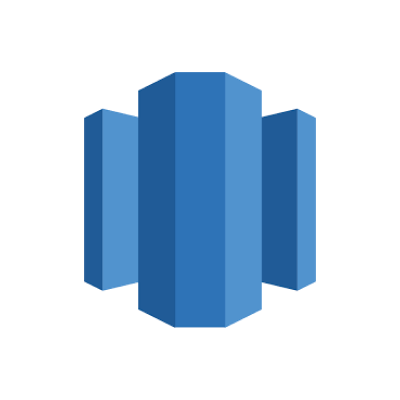Compare - Databricks VS Selfr
Here’s the difference between Databricks and Selfr. The comparison is based on pricing, deployment, business model, and other important factors.
About Databricks
Databricks provides a data lakehouse that unifies your data warehousing and AI use cases on a single platform. With Databricks, you can implement a common approach to data governance across all data types and assets, and execute all of your workloads across data engineering, data warehousing, data streaming, data science, and machine learning on a single copy of the data. Built on open source and open standards, with hundreds of active partnerships, Databricks easily integrates with your modern data stack. Additionally, Databricks uses an open standards approach to data sharing to eliminate ecosystem restrictions. Finally, Databricks provides a consistent data platform across clouds to reduce the friction of multicloud environments. Today, Databricks has over 7000 customers, including Amgen, Walmart, Disney, HSBC, Shell, Grab, and Instacart.
About Selfr
Selfr is a low-code data platform that provides all the tools you need to go from your live data sources to interactive dashboards. It replaces stitching together a cloud data warehouse, an ELT solution, a data transformation solution, a scheduler, and a BI solution.
Comparison Table
| Overview | ||
|---|---|---|
| Categories | Data Warehouses, Data Lakes | Managed Data Stack |
| Stage | Late Stage | Early Stage |
| Target Segment | Enterprise, Mid size | SMB's, Mid-Size, Enterprise |
| Deployment | SaaS | SaaS |
| Business Model | Commercial | Commercial |
| Pricing | Freemium, Contact Sales | Contact Sales |
| Location | San Francisco, US | New York |
| Companies using it | ||
| Contact info |
Add to compare
